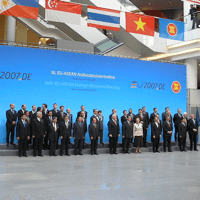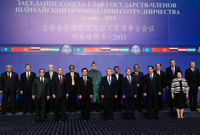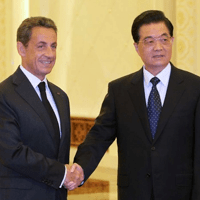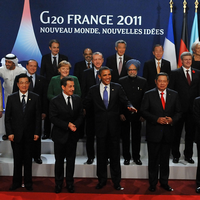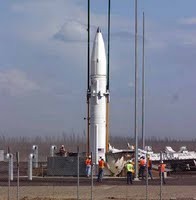
On Nov. 23, Russian President Dmitry Medvedev warned NATO that it needs to address Moscow’s security concerns over its plans for European ballistic missile defense (BMD) or face renewed confrontation. Although Medvedev’s declaration, made in a special televised announcement, may have been designed to boost his party’s fortunes in next week’s parliamentary elections, his position is a widely held one within the Russian government. And since he listed a series of demands that, while not unreasonable, cannot be met by NATO governments, the next Russian and American presidential terms will probably see renewed battling over the BMD issue. Medvedev recalled […]


